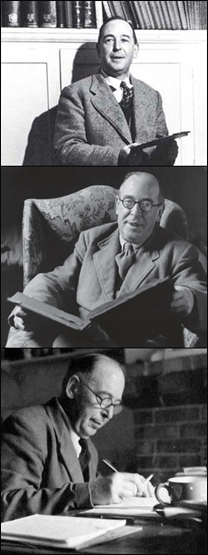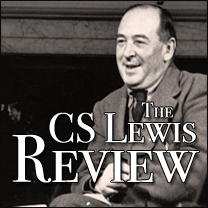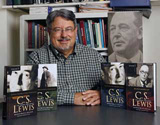
C. S. Lewis as Counselor
April 1st, 2008 | Skip to comments
 A new book of selected Lewis’s letters, edited by the venerable Narnian encyclopedist, Paul Ford, debuts this April, with a focus on Lewis’s ministry through correspondence.
A new book of selected Lewis’s letters, edited by the venerable Narnian encyclopedist, Paul Ford, debuts this April, with a focus on Lewis’s ministry through correspondence.
Yours, Jack culls poignant, unexcerpted letters from the 1920s through the 1960s, demonstrating Lewis’s care and sensitivity—but also theologically astute and uncompromising orthodoxy—in addressing the needs of his many correspondents, most of them Americans, many of them women. Paul has done the hard but delightful work of distilling those episodes in Lewis’s pre- and post-conversion letters that bespeak his uncommon grace and selflessness in leading them along the Christ-like life.
This past weekend I conducted a workshop on C. S. Lewis’s work as a counselor at Hope Lutheran Church in Toledo, OH, focusing on what I refer to as “the integrated life,” lived and advocated by Lewis, but in juxtaposition with Rich Warren’s well-known “purpose-driven life.” Each presumes a different set of preferences and outcomes from heaven’s point of view. An audio-enhanced Power Point presentation of that event will be made available soon.
One is more outside-in, the other (which I attribute to Lewis) is more inside-out. It’s captured well, the concept of “integration” (“knowing as we are known”: 1 Cor. 13:12), here in friend Owen Barfield’s reflection on Lewis’s conduct as a Christian scholar, thinker, and disciple:
Somehow what he thought about everything was secretly present in what he said about anything.
Preface, The Taste of the Pineapple, Ed. Bruce L. Edwards (Bowling Green OH: Popular Press, 1988, p. 2).




Comments
No comments yet.
RSS feed for comments on this post.
Sorry, the comment form is closed at this time.